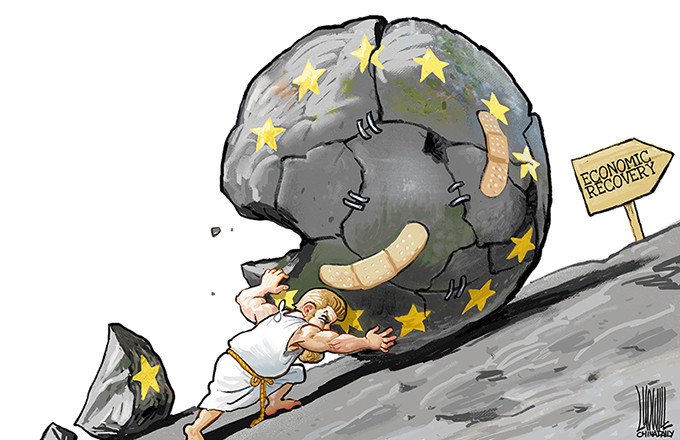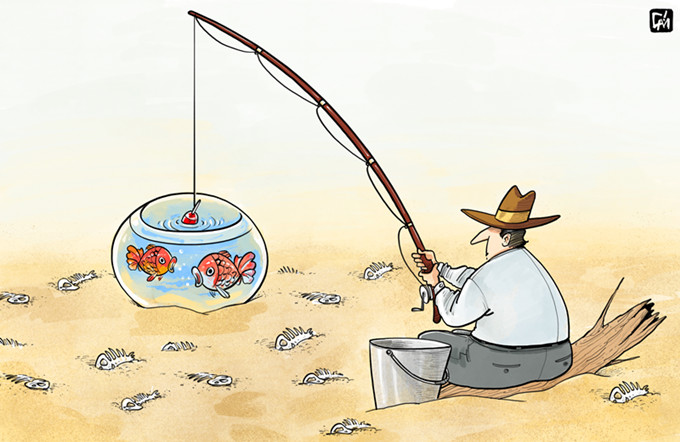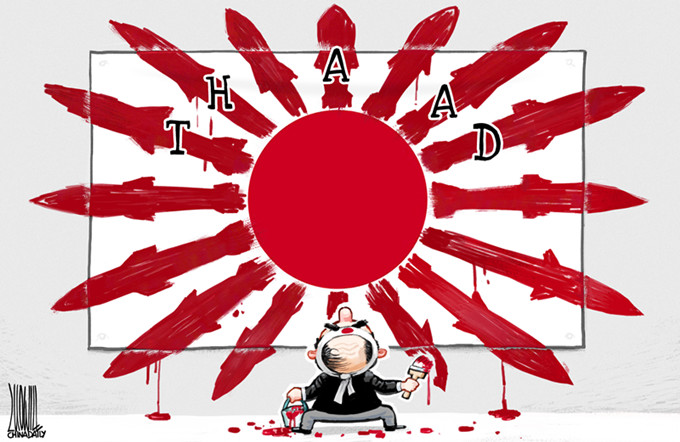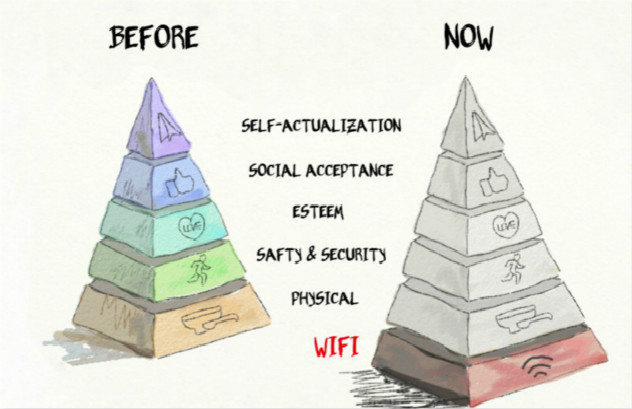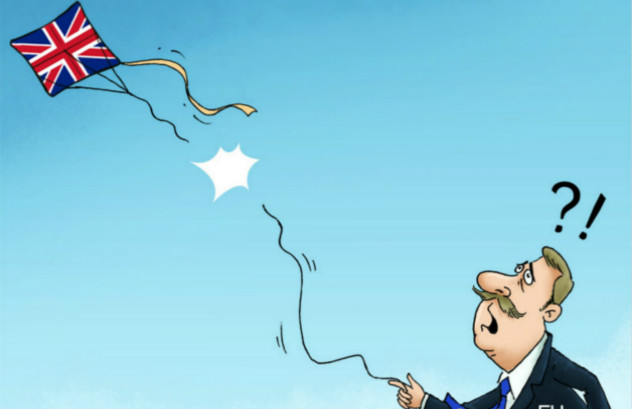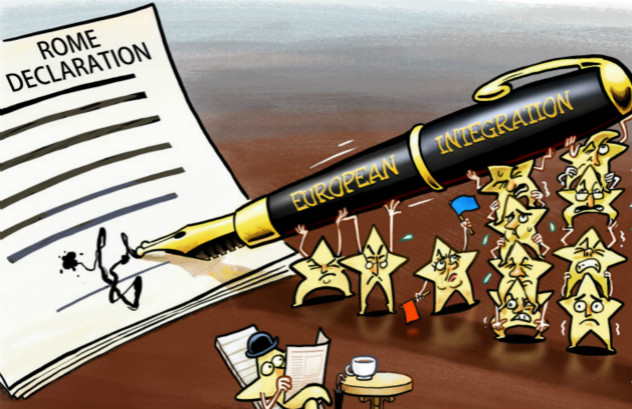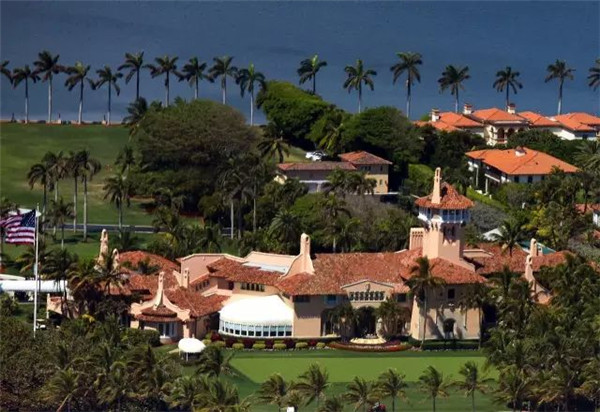Will elections change Pakistan?
This weekend, Pakistanis will elect a new parliament to succeed the first-ever civilian legislature to complete its tenure. The elections have gained additional significance because of Pakistan's key role in the changing strategic, political and economic landscape of the region, brought about by the US troop pullout from Afghanistan.
Although electioneering has suffered a setback because of a disturbed security environment, overall violence during the election campaign has been much less than that seen during the last several years. And a vibrant electronic media and widespread use of digital means, to a large extent, have offset the low-key election campaign.
The elections are all about political parties, which is difficult - if not impossible - for many people outside the sub-continent to fathom. The lack of aggressive campaign on the part of major players such as the Pakistan People's Party Parliamentarians, Muttahida Quami Movement and Awami National Party is actually a result of their poor performance during the five-year parliament term. The absence of any central leader has been an additional sticking point for the PPPP.
As always, the eastern province of Punjab will be the real battleground, for it accounts for 55 percent of the total seats in the parliament. But a political vacuum created by the diminishing support for the PPPP - which fell from 42 percent in 1988 to 29 percent in 2008 - as well as its ally Pakistan Muslim League-Quaid, has made electioneering a major factor in the elections.
The rest of the electoral territories are less open to change, because they are either the vote banks of one dominant party, like MQM in Karachi and Pakistan People's Party in rural Sindh, or are relatively small electoral territories where local interests are split along several ethnic and regional lines, as in Khyber Pakhtunkhwa.
This explains the emergence of Pakistan Tehreek-e-Insaf, led by former Pakistan cricket captain Imran Khan, as a major player and its aggressive campaign against Pakistan Muslim League-Nawaz (headed by former Pakistani prime minister Nawaz Sharif). Despite being a right-leaning party, the PTI's stance against the PML-N has made it a choice for disenchanted PPPP voters. Moreover, the PTI's slogans of "Change" and "New Pakistan" have attracted the youth as well as uncertain PML-N supporters. But the PTI has little presence in Sindh and Baluchistan, and the PML-N faces challenges from other right-wing parties that may not only win a few seats, but also become a decisive factor in closely contested constituencies.




